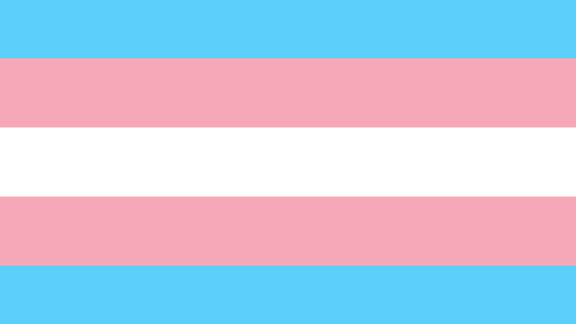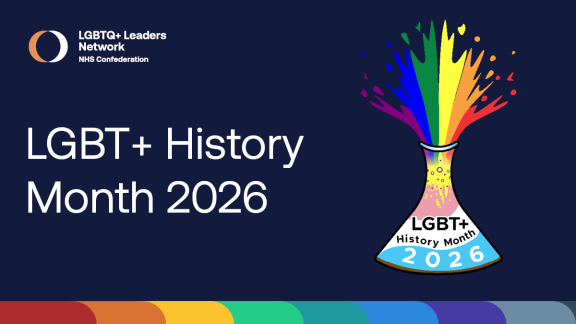Letter to Rt Hon Liz Truss MP on conversion practices

The NHS Confederation has today written to Rt Hon Liz Truss MP, in her capacity as Minister for Women and Equalities, regarding the government decision to exclude trans people from the ban on so called conversion therapy announced last week.
The letter - in full below - says the NHS Confederation is 'deeply concerned' about this decision.
Signed by Chair Lord Victor Adebowale, Mental Health Network Chief Executive Sean Duggan and 4 chairs and co-chairs of our leadership networks - Peter Molyneux, Sam Allen, Danielle Oum and Ifti Majid - the letter shares member views on the practice collected as part of the response to the government consultation held last year.
In their responses, members expressed that they consider conversion practices to be “grossly offensive”, “immoral”, “inhumane”, “barbaric”, “inherently wrong” and “despicable” and that any endorsement of conversion therapy supports a harmful message that it is morally wrong to be LGBTQIA+ and endorses the delivery of physical and psychological trauma.
The letter closes by restating the commitment of the NHS Confederation to putting an end to harmful conversion practices against all LGBTQIA+ people and acknowledge that the NHS still has much to do in addressing and reducing inequalities for all LGBTQIA+ people accessing NHS services.
The full letter can be read below:
Dear Secretary of State,
The government’s announcement that it planned to legislate the banning of so called conversion therapy, as outlined in the Queen’s Speech on 11 May 2021, was welcomed by both the LGBTQIA+ and healthcare communities.
As a signatory to the Memorandum of Understanding on Conversion Therapy in the UK Version 2 (2017), NHS Confederation agree that a ban on conversion therapy must include all members of the LGBTQIA+ community, and is therefore deeply concerned about the decision to exclude trans people from the ban. Conversion therapy is considered by all psychological therapy and psychiatric professional bodies to be unethical, harmful and unsupported by evidence. It represents an unacceptable risk of serious harm to anyone who is struggling with their sexuality or gender and who may be particularly vulnerable at the point of seeking help.
The government’s own LGBT Research Report (2018) found that trans respondents were much more likely to have undergone or been offered conversion practices (13 per cent) than cisgender respondents (7 per cent). Furthermore, and of particular concern, a considerably higher proportion of trans respondents who were given conversion therapy said that it had been conducted by healthcare providers or medical professionals (29 per cent) than cisgender respondents (15 per cent).
Conversion practices violate human rights, are ineffective and may lead to risk of depression, substance abuse and suicide. Being LGBTQIA+ is not a mental health disorder. Anyone accessing therapeutic help should be able to do so without fear of judgement or the threat of being pressured to change who they are. By excluding trans people from a ban on conversion practices, this could drive trans people toward even greater discrimination and targeting for abuse.
NHS Confederation recently surveyed members of its LGBTQIA+ Leaders Network and Mental Health Network. Members expressed that they consider conversion practices to be “grossly offensive”, “immoral”, “inhumane”, “barbaric”, “inherently wrong” and “despicable” and that any endorsement of conversion therapy supports a harmful message that it is morally wrong to be LGBTQIA+ and endorses the delivery of physical and psychological trauma.
We remain committed to putting an end to harmful conversion practices against all LGBTQIA+ people and acknowledge that the NHS still has much to do in addressing and reducing inequalities for all LGBTQIA+ people accessing NHS services.
Yours sincerely,
Lord Victor Adebowale
Sean Duggan
Peter Molyneux
Sam Allen
Danielle Oum
Ifti Majid



